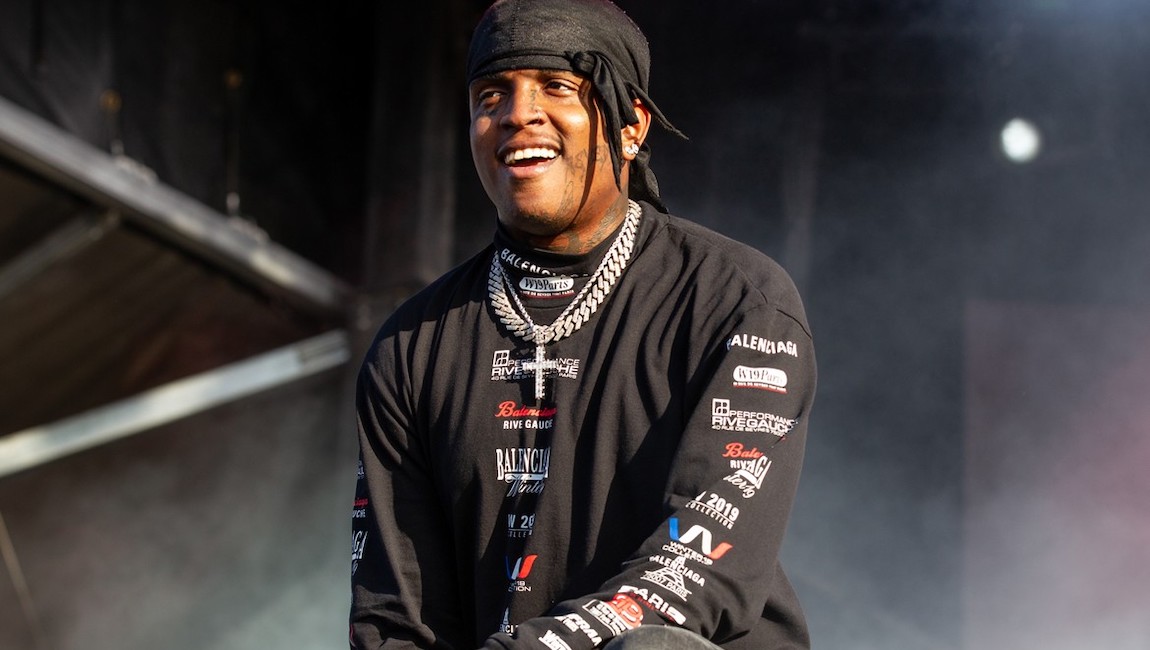An umotivated album that never sparks to life, Vince Staples continues the rapper’s post-Big Fish Theory downward slide.
When Big Fish Theory dropped in 2017, it implied a whole new direction for Vince Staples, an artist who had arrived on the scene seemingly fully formed, outfitted with a defined perspective and style already evident on his early Shyne Coldchain tapes. His casual, direct delivery and appealing annunciations mapped on to classically-minded gangsta rap production quite nicely, making him a natural collaborator for the likes of No I.D., who produced his debut LP Summertime ‘06 in full. That album, and the EPs fixed on either side of it, positioned Staples as an artist who could navigate the rap generational divide quite naturally, though these initial projects generally paid more favor to less contemporary aesthetics. Arguably, Summertime ‘06, with its lengthy double album format, took this preference about as far as it could go, and so Big Fish Theory, backed by a stacked line up of contemporary electronic producers like Flume and late icon Sophie, offered a savvy and exciting step forward for Staples that he has yet to surpass.
But the rapper has kept busy since then, quickly following up Big Fish Theory a year and a half later with the slight, L.A. radio-themed FM! (appropriated and reworked by Tyler for Call Me If You Get Lost), while taking on an Adult Swim voice acting project (Lazor Wulf) and kicking off a Vevo show (something with Netflix coming soon). And now we have the self-titled Vince Staples, another sparse, 22-minute album in the mold of FM!, though without that one’s unifying concept and playful sensibility. Reliant entirely on production from Greenwich, Connecticut’s own Kenny Beats (largely responsible for FM! as well), Vince Staples finds the Long Beach rapper coasting and uninspired, leaning on well-worn tropes and the corporate competency Beats brings to the table. Staples remains an exceptional rapper and a cool, charismatic MC, but unchallenged by the straightforward material provided by Beats, Vince Staples mostly serves as a reminder of its artist’s technical prowess and little else. Taking a tonal turn toward the grim and downbeat, Staples uses this album’s 10 tracks to reflect once more on his fraught, violent youth, and present-day paranoias. A switch up from FM!’s sunnier vibes, Vince Staples goes somber more often than not, returning to memories previously articulated on Summertime ‘06, though now with the benefit of a few more years hindsight.
Staples remains a savvy lyricist, able to articulate large chunks of narrative with a couple quick, precise phrases, but the writing here is otherwise frustratingly uniform from song to song, looping back to the same ideas, each virtually indistinguishable from the next. In theory, Kenny Beats’ superficially eclectic production style should provide enough of a freewheeling backdrop for Staples to get away with enacting this inert drama, but the majority of his genre change-ups don’t hit (reggaeton guitar on “Take Me Home” entirely fails to register, for instance), and his stylistic dabblings never really sound better than their reference points (“The Shining” sounds like Pi’erre Bourne’s “Sunflower Seeds” but less good, “Taking Trips” like a flat take on a Migos-type composition). Vince Staples is a strange album, obviously born from earnest emotion and a desire to be candid with its audience, but it otherwise scans as a perfunctory exercise, a placeholder maybe (there’s the much teased Ramona Park Broke My Heart on the horizon, after all). This tension isn’t not interesting, and one could imagine it becoming something greater if it were approached with intent, but that’s something generally lacking from Vince Staples, a largely unmotivated album that frustratingly never sparks to life.
Published as part of Album Roundup — July 2021 | Part 1.







